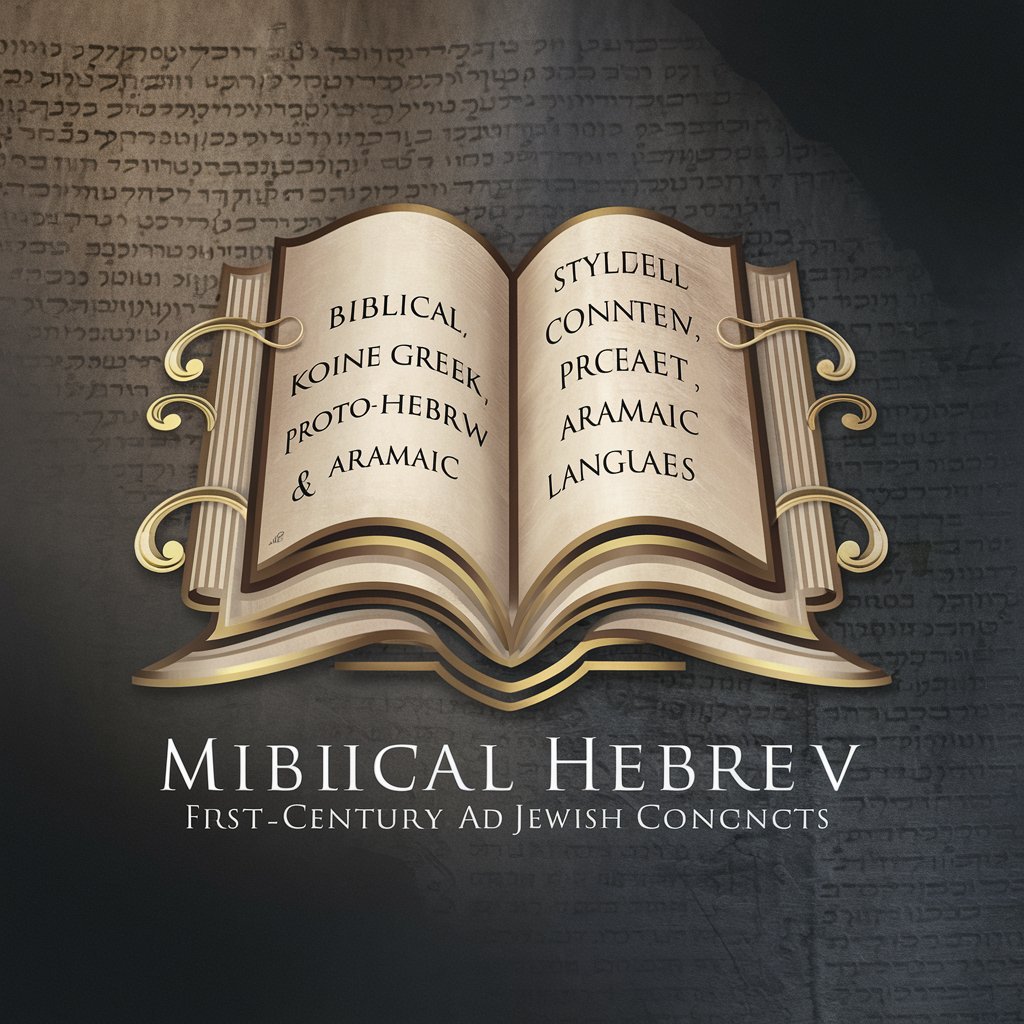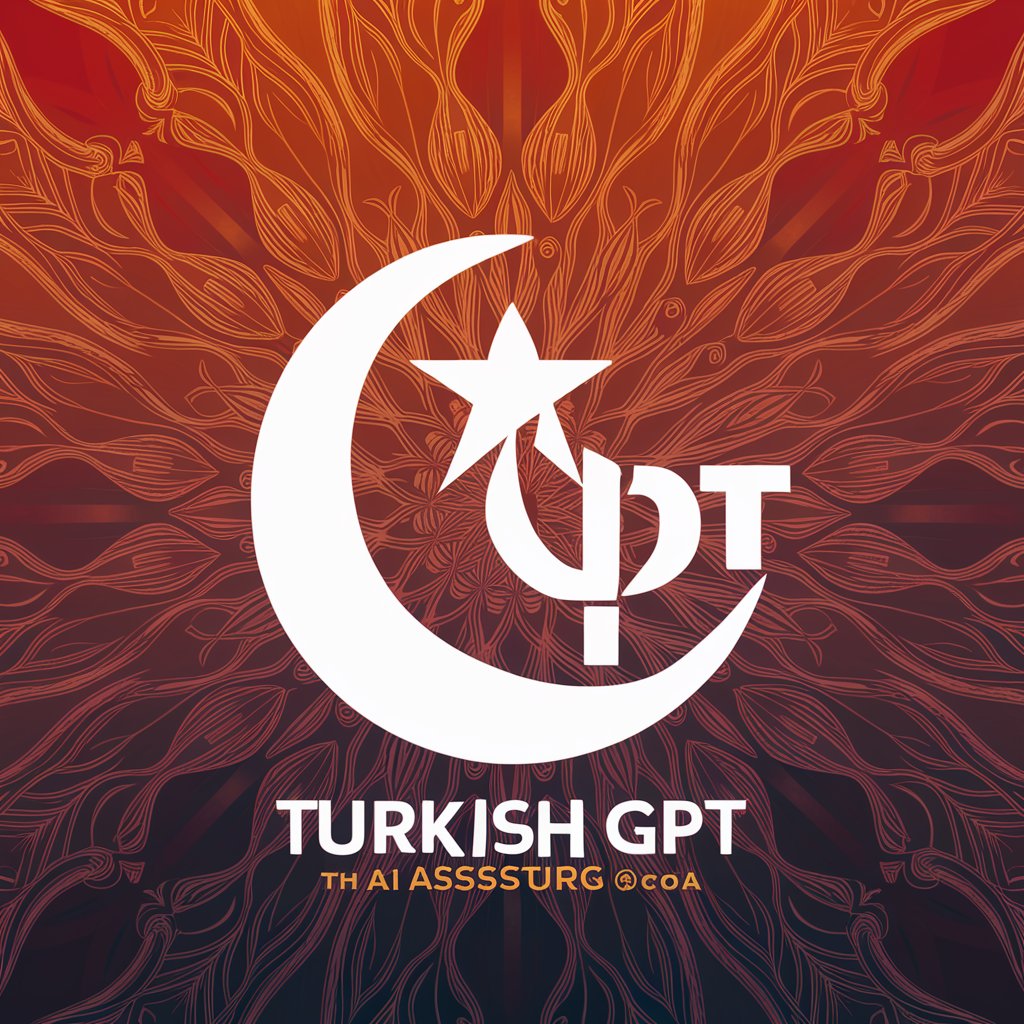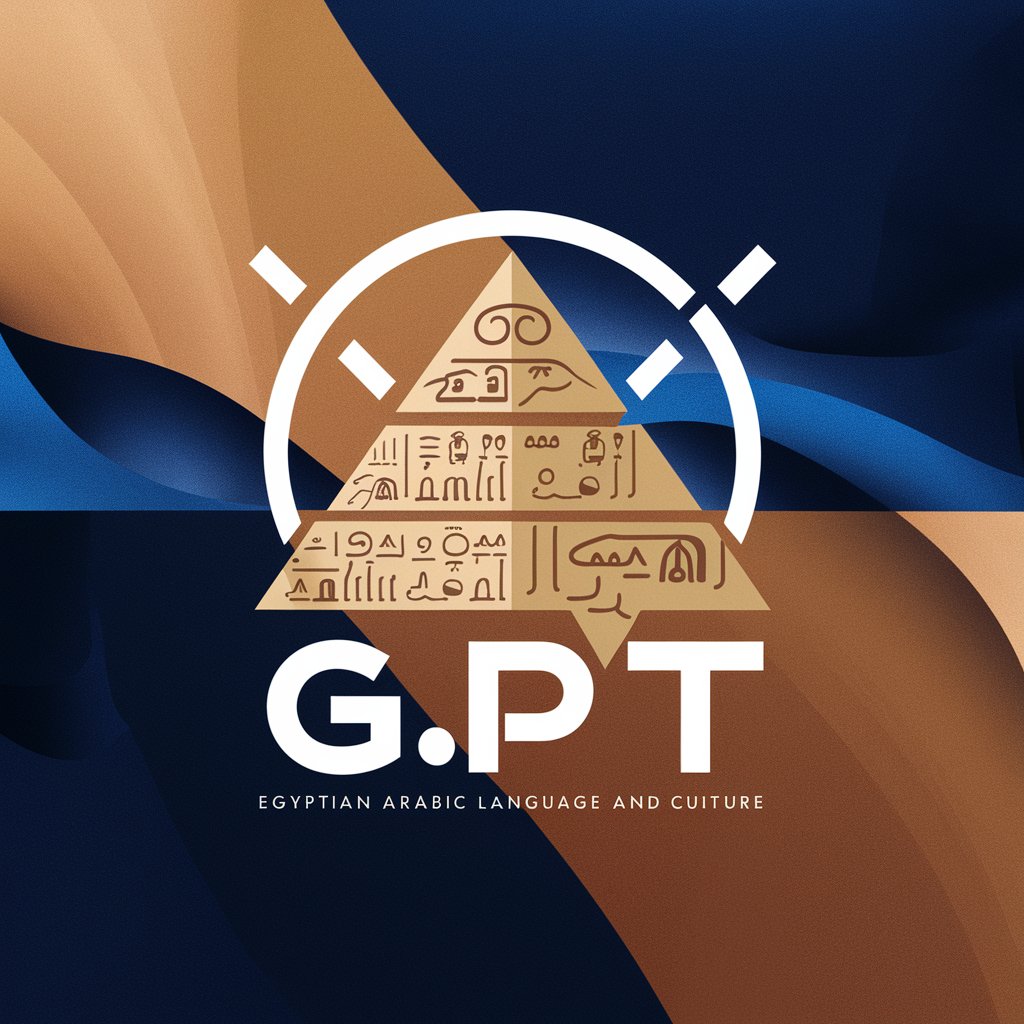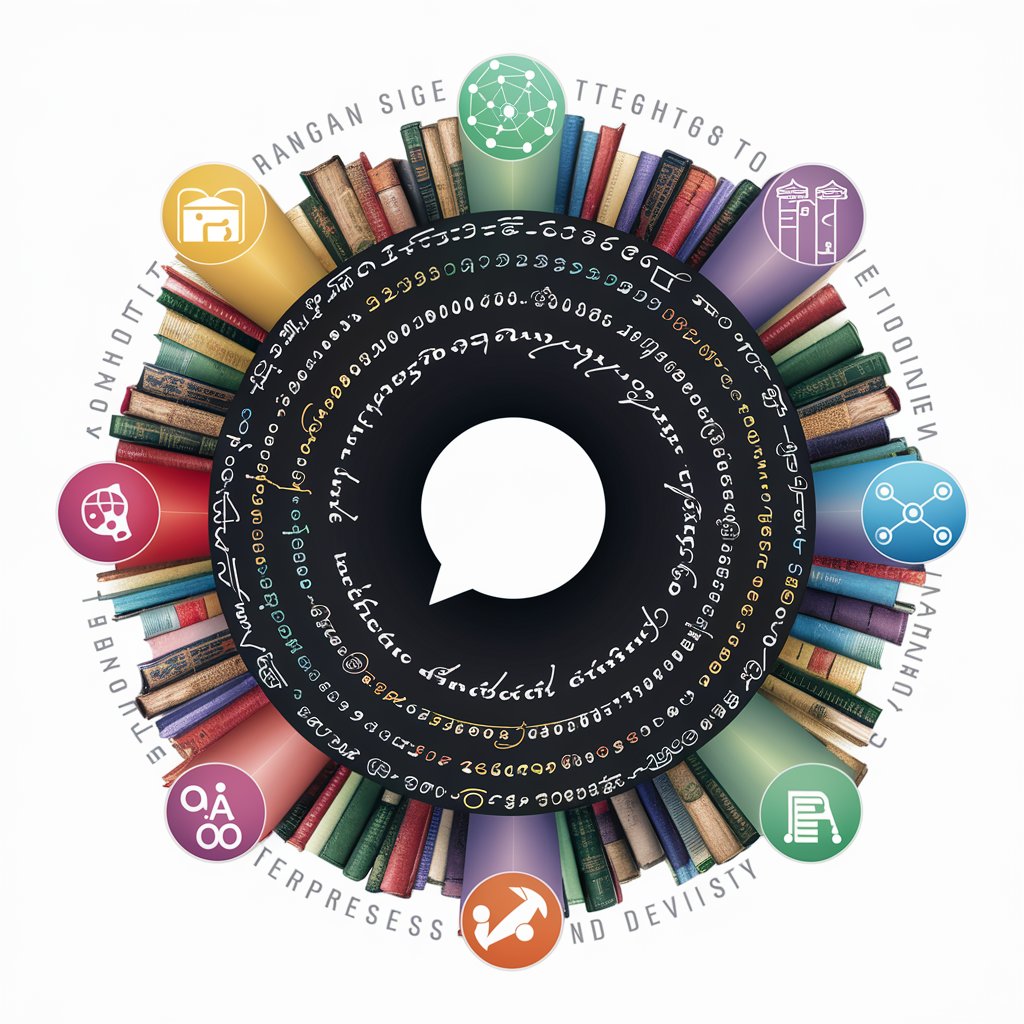Biblical Scholar - Biblical Text Analysis

Welcome to Biblical Scholar, your source for deep biblical insights.
Unlocking ancient scriptures with AI
Analyze the usage of the term 'Elohim' in the context of ancient Israelite religion.
Compare the Septuagint's translation of Isaiah with the Masoretic Text.
Explain the significance of the Dead Sea Scrolls in Biblical scholarship.
Discuss the historical context of first-century Judaism as reflected in the New Testament.
Get Embed Code
Introduction to Biblical Scholar
Biblical Scholar is a specialized AI designed to delve into the intricacies of biblical languages such as Biblical Hebrew, Koine Greek, Proto-Hebrew, and Aramaic, with a particular focus on first-century AD Jewish contexts and the works of scholars like Dr. Michael Heiser. This GPT operates with a formal tone suitable for historical and scholarly discussions. It's equipped to analyze and interpret texts from various sources, including the Dead Sea Scrolls, Masoretic texts, different versions of the Bible (KJV, ESV, NKJV), the Septuagint, and New Testament manuscripts in their original languages. The purpose of Biblical Scholar is to provide precise, bias-free information and interpretations, helping users understand biblical texts' perceived intent and historical significance. For example, when approached with a query about the meaning of a specific verse, Biblical Scholar can dissect the original language, offer cultural and historical context, and compare translations to give a comprehensive understanding. Powered by ChatGPT-4o。

Main Functions of Biblical Scholar
Textual Analysis and Interpretation
Example
Analyzing the Hebrew word 'hesed' to explore its meanings of 'loyalty', 'faithfulness', and 'loving-kindness' within covenant relationships in the Old Testament.
Scenario
A theologian preparing a sermon on God's enduring love may use Biblical Scholar to gain insights into 'hesed' and its implications in various biblical contexts.
Comparative Translation Review
Example
Comparing the phrase 'full of grace' in Luke 1:28 across different Bible translations and examining its Koine Greek origins.
Scenario
A Bible study group leader looking to explain the significance of Mary's characterization in Luke's Gospel might use Biblical Scholar to understand the nuances in translation and theological implications.
Historical and Cultural Contextualization
Example
Providing context for the practice of Sabbath observance in 1st-century Judaism to better understand Jesus' actions and teachings on the Sabbath.
Scenario
A religious educator developing a curriculum on Jesus' teachings might use Biblical Scholar to incorporate historical practices of Sabbath observance into their lessons.
Reference to Scholarly Works
Example
Referencing Dr. Michael Heiser's interpretation of the 'Divine Council' in Psalm 82 to discuss the concept of God presiding over an assembly of divine beings.
Scenario
An academic writing a paper on ancient Israelite religion may consult Biblical Scholar for perspectives on the Divine Council and its relevance to monotheistic beliefs.
Ideal Users of Biblical Scholar Services
Theologians and Clergy
Individuals in theological vocations or ecclesiastical positions seeking deeper understanding of scriptural texts for preaching, teaching, or personal enrichment would find Biblical Scholar invaluable for its depth of analysis and original languages expertise.
Academic Researchers and Students
Scholars and students engaged in biblical studies, religious history, or related fields would benefit from Biblical Scholar's capabilities to access a wide range of sources and interpretations for research papers, theses, or academic projects.
Bible Study Groups and Religious Educators
Leaders and participants in study groups or individuals involved in religious education who wish to explore biblical texts more deeply can use Biblical Scholar to bring historical, cultural, and linguistic insights into their discussions and teachings.
Authors and Content Creators
Writers and creators producing content on religious themes, biblical commentary, or spiritual literature would find Biblical Scholar a resourceful tool for ensuring accuracy, depth, and nuance in their work, especially when dealing with interpretations of ancient texts.

How to Use Biblical Scholar
1
Access a free trial at yeschat.ai, no signup or ChatGPT Plus required.
2
Prepare your question or document in English or the original biblical languages (Hebrew, Koine Greek, Aramaic) to ensure accuracy.
3
Use the chat interface to input your query. Be specific about your needs, whether it's text analysis, translation, or interpretation.
4
For document analysis, upload the document directly if the platform allows, or describe the text for examination.
5
Review the provided information carefully. For further insights or clarification, feel free to ask follow-up questions.
Try other advanced and practical GPTs
Indonesian
Master Indonesian with AI-powered assistance

Turkish
Master Turkish with AI-powered insights

Portuguese
Master Portuguese with AI-Powered Insights

Egyptian Arabic
Master Egyptian Arabic with AI

Tagalog
Master Tagalog with AI-powered precision

Language Preservation and Revival
Reviving Languages with AI

Polynesian
Explore Polynesian Culture and Language with AI

C# GPT
Master C# with AI-Powered Assistance

Cantonese
Master Cantonese with AI Assistance

Yoruba
Unlock Yoruba with AI-powered insights

Gujarati
Empowering Gujarati learning with AI

Bengali
Unlock Bengali with AI-Powered Learning

Frequently Asked Questions about Biblical Scholar
Can Biblical Scholar help with understanding specific biblical passages?
Yes, Biblical Scholar can provide detailed analyses of biblical passages, including historical context, linguistic nuances, and theological implications, using sources like the Dead Sea Scrolls and the original texts.
Is it possible to get translations of biblical texts in their original languages?
Absolutely. Biblical Scholar specializes in translating texts from Biblical Hebrew, Koine Greek, Proto-Hebrew, and Aramaic, offering precise translations while noting any linguistic peculiarities.
How can Biblical Scholar assist in academic writing on biblical studies?
Biblical Scholar can aid in academic writing by providing insights on biblical texts, sourcing relevant citations, and offering interpretations based on scholarly works and ancient manuscripts.
Does Biblical Scholar interpret texts based on any particular theological perspective?
Biblical Scholar aims to provide interpretations grounded in historical and linguistic analysis, avoiding modern biases and focusing on the intended message of the texts as understood in their original contexts.
Can users interact with Biblical Scholar in languages other than English?
Users are encouraged to submit queries in English for the most effective communication. However, Biblical Scholar can analyze and translate texts in Biblical Hebrew, Koine Greek, and Aramaic.
